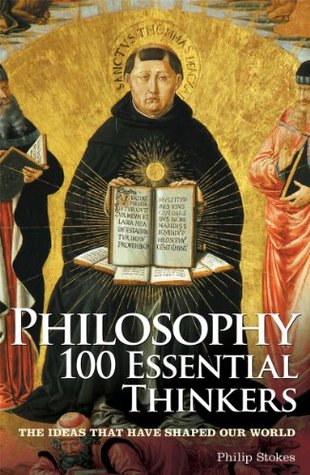Using a series of arguments employing this ‘veil of perception’, Berkeley concludes that since we never perceive anything called ‘matter’, but only ideas, it is an untenable conjecture to presume that there is a material substance lying behind and supporting our perceptions. Locke and others had resisted this suggestion by making the distinction between primary qualites, such as solidity, extension and figure, and secondary qualities, such as colour, taste and smell, claiming only secondary qualities are mind-dependent.
Welcome back. Just a moment while we sign you in to your Goodreads account.


